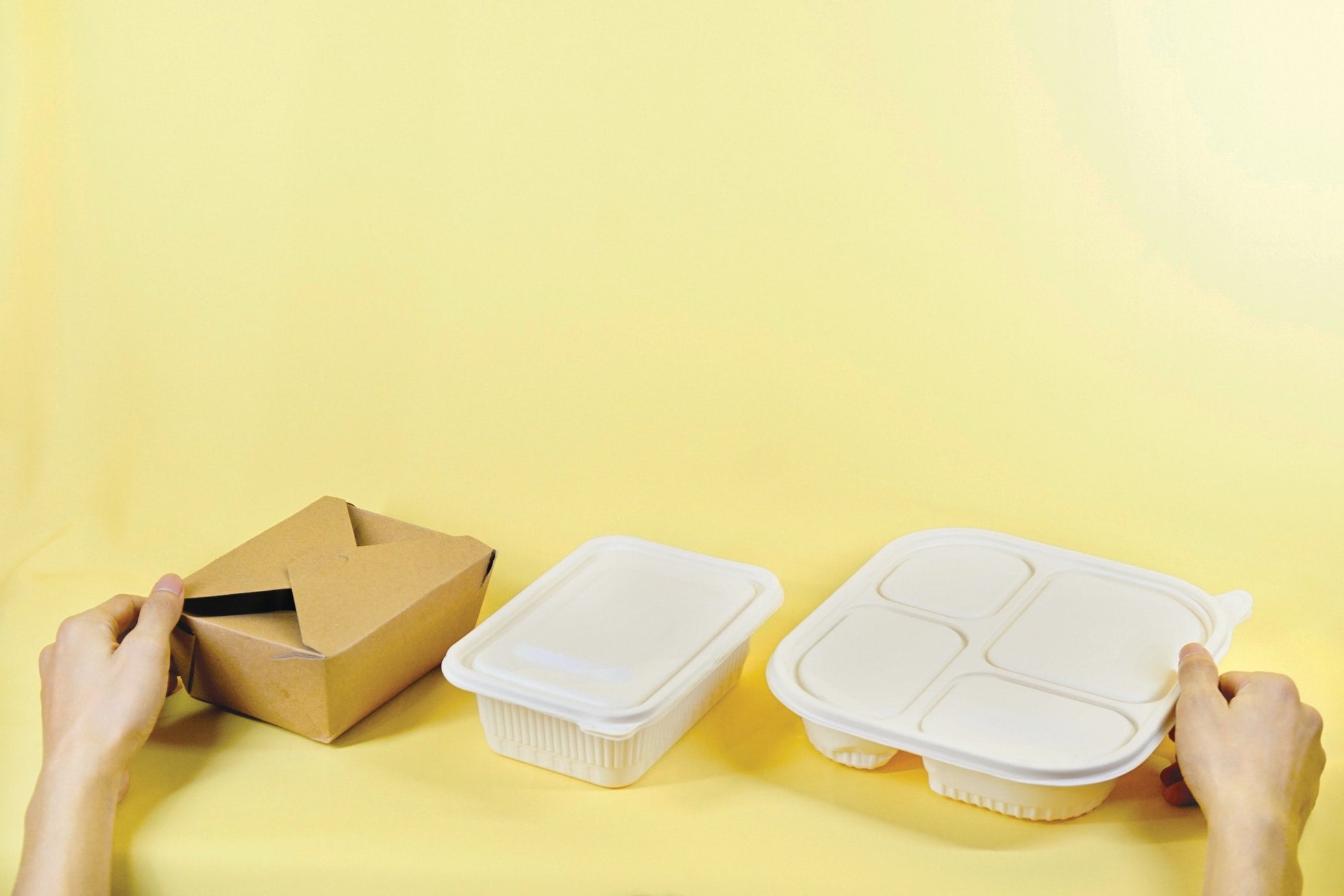don't know the difference between biodegradable and compostable? here's your chance!
How many times have you been left all baffled and incoherent when the terms “biodegradable” and “compostable” cropped up? Day in, day out, right? When looking for green items, one pair of terms always seems to come up together: biodegradable and compostable. Is there a real distinction between these two terms? Utterly! Many people believe that these two names are synonymous and carry the same weight, however, this isn't always the case. Here, let us look at what these terms imply, how they differ, and whether things branded one way or the other are environmentally friendly in the end.
what does biodegradable mean?
Biodegradable - the name says it all. Degrades naturally. Example - Human and animal excreta, dead plants or animals, etc. In short, anything that is organic or can break down into methane and CO2 comes under biodegradable. Here, the breakdown is caused by natural organisms such as - Fungi and Bacteria. Biodegradability applies to products like plastic as well. What is important to know is what they leave behind when they degrade. Also, biodegradable without a time specification is meaningless. Everything is bio-degradable in the long run. Labels of certain kinds of plastic may call themselves biodegradable - but they are known to take ages or longer to decompose in a landfill, and when they do, they produce carbon dioxide and, before that, microplastic pollution, neither of these is particularly beneficial for the environment.
Hazardous!?
Even though they are harmful to the environment, many very unsustainable materials (including plastic) can be labeled as biodegradable. Don’t fall for these claims!
how should you dispose of biodegradable products?
Biodegradable items should be sent to a recycling plant because they can produce toxic methane in landfills. You can also see if your neighborhood has a biogas plant, which converts biodegradable materials into methane, which is subsequently used to generate power.
why biodegradable items should not be dumped in landfills?
When biodegradable materials are placed into landfills, as happens when they are thrown away, they are frequently buried. Because there is so little oxygen buried beneath rubbish, beneficial microorganisms cannot live. As a result, biodegradable materials degrade anaerobically (without oxygen), producing methane, a greenhouse gas that is harmful to the environment.
what does compostable mean?
Given the correct conditions, compostable materials, on the other hand, decompose into wholly non-toxic components that are not harmful to the environment. Cornstarch and bagasse are examples. Compostable items decompose into humus, the richest and most significant component of all soils. And you know the plus point of compostable products is - the high microbial activity in the humus promotes the growth of beneficial bacteria in your soil, which helps plants improve their immune systems. The time it takes for a product to degrade varies on the environment it's in - some can be composted in a home composter, while others may need to be composted at an industrial composting facility. For that, let us know how home and industrial composting differs.
in-home composting
Composting at home is an effective and efficient approach to minimize your waste stream while also helping to lower your carbon footprint. Items like teabags, nutshells, fruits, vegetables, woodchips, neem twigs, leaves, can be easily compostable at our homes using a compostable bin. Kudos to you if you're already composting at home. If not, try it out. Composting bins and compost blocks are available everywhere nowadays and their popularity is soaring as more and more people are looking at living a greener lifestyle post covid.
industrial composting
Industrial composting, also known as commercial composting, is large-scale composting that is designed to handle a huge volume of organic waste. Did you know that - In India, there are 279 composting plants? But how does this operation run? Well, in a typical industrial composting operation, garbage is collected from grocery shops, restaurants, campus communities, green waste bins collected from individual families' homes, and other commercial composting facilities. However, remember that compostable materials may require a specialized compostable environment to decompose, which includes warm temperatures, nutrients, moisture, and enough oxygen. For a country the size of India, 279 is a good start but not enough - and hence, it is always better to go for items that do not require industrial composting.
how to dispose of compostable products?
Home Compostable products (products that don’t require industrial composting facilities) must be disposed of in a compost heap for proper decomposition. Compost heaps are densely populated with microorganisms and sustain high temperatures, allowing items to decompose swiftly. Compostable products should not be tossed in the garbage because they do not break down easily in regular landfills because of a lack of proper air circulation. The in-home composting bin should be encouraged.
what is the difference, then?
I know by now it might be clearer to you that biodegradable and compostable aren't identical twins!! But let me keep this in a nutshell for you.
-
Biodegradable products can refer to any substance that breaks down and degrades in the environment, whereas compostable products exclusively refer to organic elements that decay in the environment.
-
Compostable items that decompose in compostable surroundings only produce useful residual products such as fertilizers and other soil health-improving substances. Biodegradable plastic, on the other hand, is dependent on the element of manufacture, which implies that some of them may leave a micro toxic waste residue.
-
In a compost setting, 90 percent of compostable materials disintegrate in 45-60 days. Whereas, it takes three to 6 months for biodegradable polymers to disintegrate.
-
Compostable is for organic matter only, whereas biodegradable is for all. Also, everything that is compostable is biodegradable but everything that is biodegradable is not compostable.
what now- what should be our take?
As these two terms are still incomplete, here are a few recommendations for you - We need to see if a company is utilizing these terms, if yes, then contact the respective company and request an explanation via testing and certifications. There are circumstances when we have to purchase biodegradable items. In this case, anything labeled as biodegradable should be questioned. Also for the compostable products, check the compostable label and understand if home composting is enough or industrial composting is needed for the product. Consider making your compost bins at home or depositing your compostable garbage in one of the nearby composting bins.
Always remember to ask the questions - under what conditions and in how much time and what will this product/ packaging degrade into? If it is compostable, always ask under what conditions and in how much time?
The more we define these phrases and prevent a detailed understanding of this to the consumers, the easier it will be for us to traverse this minefield and make better decisions for ourselves and the environment. Let us together - Live Green, Love Green, and Be Green!
Author - prarthana is a postgrad physics student, a fervent physicist who loves to revitalize and tweak articles on sustainability and technology. she can be found at instagram and linkedIn






